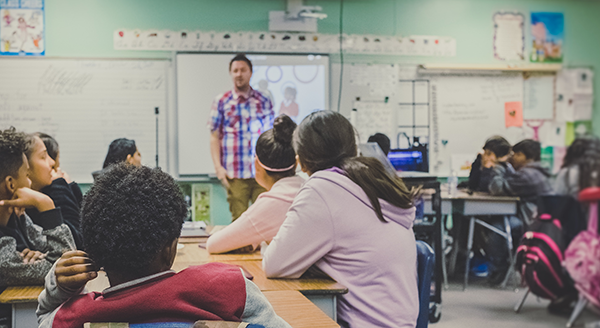Academic Dishonesty Defense Lawyer

Get Help Now
Cheating – Academic Dishonesty – Unauthorized Collaboration
Georgia Defense Lawyer for Students Accused of Cheating
An accusation of academic dishonesty can derail a student’s entire education. If you or a family member has been accused of cheating or any type of academic dishonesty, contact our office for a consultation as soon as possible. Phyllis is an experienced advocate for students accused of academic dishonesty and has a successful track record. She has helped hundreds of students get their charges and accusations dismissed so they were able to continue on with their education.
Phyllis devotes a portion of her practice to defending academic dishonesty charges in front of tribunals or discipline boards at schools. However, Phyllis is also a top-rated Atlanta area criminal defense lawyer. She has extensive experience succeeding in criminal defense courts, standing up to prosecutors and judges to protect the rights of her clients. As a result of this experience, she is extremely well equipped to handle even the most aggressive of School Administrators, professors or other members of the group investigating and prosecuting your alleged academic dishonesty.
Accused of Cheating, Plagiarism or Academic Dishonesty? Call Now for a Consultation.
Regardless of what you did or did not do, the biggest mistake you can make is going through the academic dishonesty accusation process on your own. Tribunals, Disciplinary Hearings, Review Boards. Regardless of what they are called, these boards are not set up to give the student in question a fair “trial”. Typically they are set up to protect the image and reputation of the school in question. With an effective advocate like Phyllis fighting for you, you can expect to resolve your issue in the best possible outcome.
Academic Dishonesty Information Center
Academic Dishonesty & Cheating Overview

Potential Consequences for Being Caught Cheating in High School
- failing grade or zero on the assignment or test
- failing grade or zero on the entire course (which could delay or complicate graduation)
- Suspension from extra-curricular activities like sports or after-school clubs
- Suspension (temporary) or Expulsion (permanent)
Potential Consequences for Being Caught Cheating in College or University
- failing grade or zero on the assignment or test
- failing grade or zero on the entire course (which could delay or complicate graduation)
- Suspension from extra-curricular activities like sports or after-school clubs
- Suspension (temporary) or Expulsion (permanent)
Common Types of Academic Dishonesty
Examples of Types of Cheating
- Plagiarism
- Online Cheating
- Sharing of Test Answers from different Sections / Days of Class
- Misuse of Locked-Down Browsers
- Hidden Notes
- Unauthorized Collaboration

Plagiarism
- Plagiarizing portions of a paper without appropriate citation
- Using Find & Replace for certain words to outsmart Plagiarism detectors.
- Plagiarism of Structure or Organization of a paper
- “Remix” or “Mashup” plagiarism where you either paraphrase from multiple sources or copy from multiple sources and then present the work as your own (it’s important to note what a fine line this type of “cheating” is from what is considered a “not-cheating” approach to reading sources and then writing about them)
- Source Attribution Plagiarizing – Not fulling Citing sources or citing fake sources.

Online Cheating

False Accusations of Cheating
Defense Strategies for Cheating Accusations


